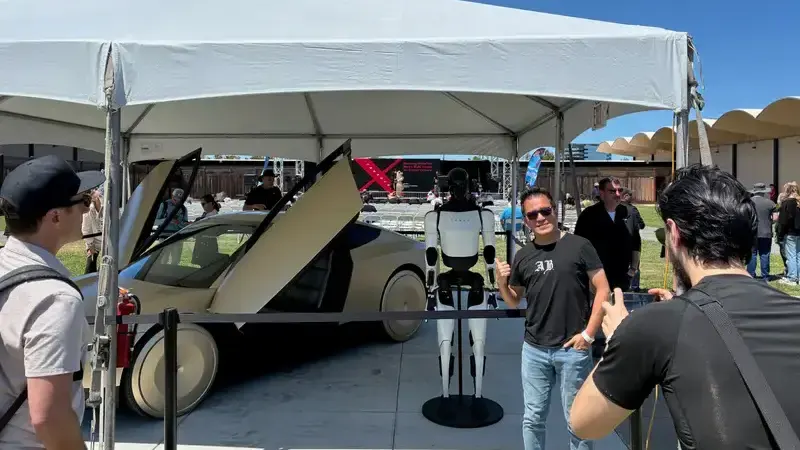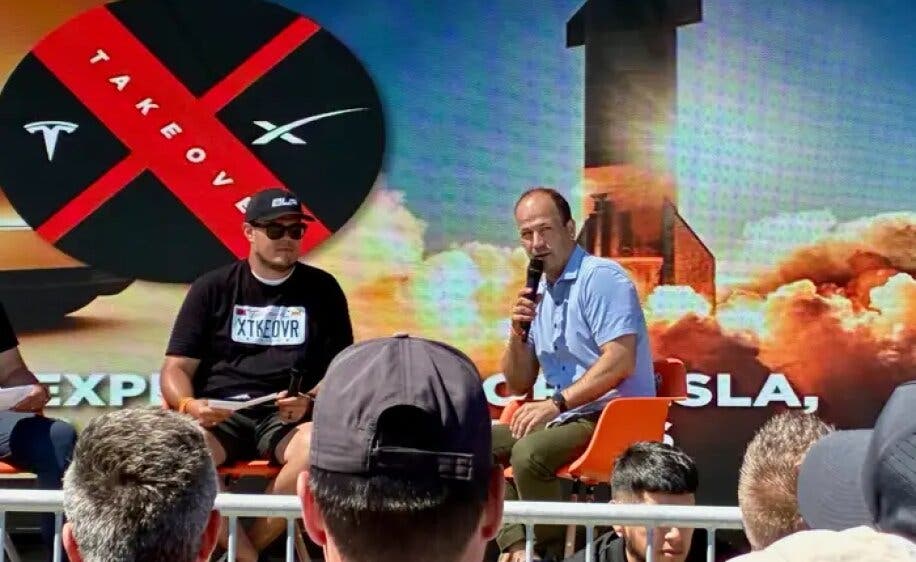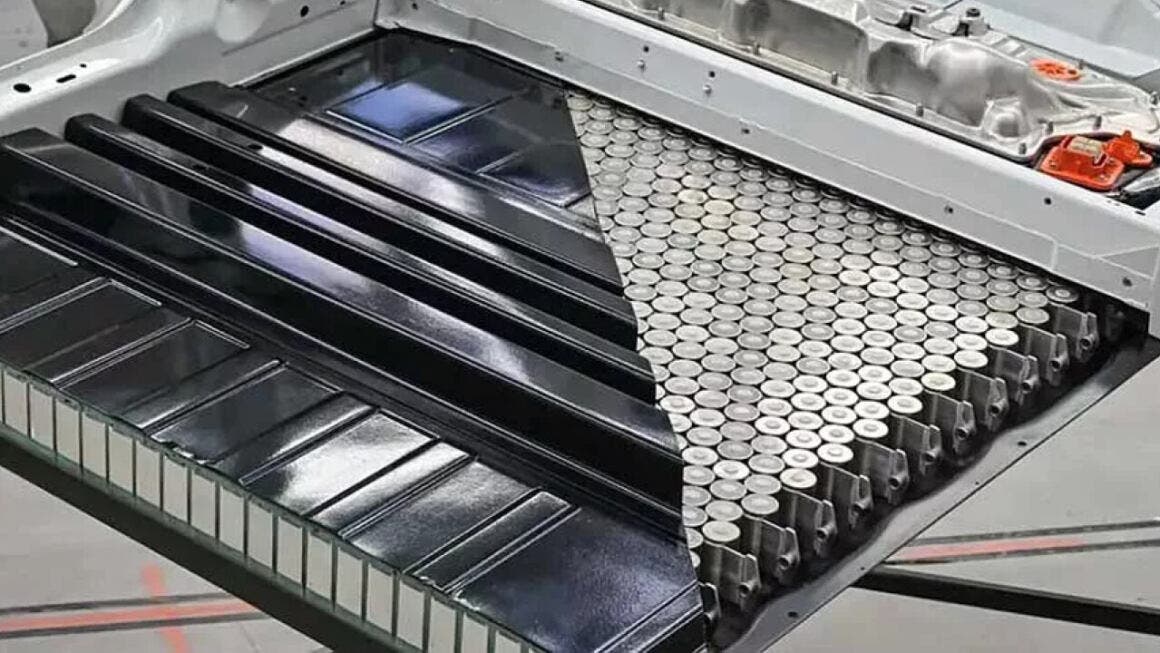If you still think electric vehicles are too pricey, take too long to charge, or don’t go far enough on a single charge, here’s some good news: battery technology is making big strides, and it’s happening right now. You won’t need to wait for solid-state batteries to see real improvements.
According to Lars Moravy, Tesla’s VP of Vehicle Engineering, lithium-ion and lithium iron phosphate (LFP) cells already offer outstanding energy density and reliability, and we’re just scratching the surface. Speaking at the recent X Takeover event for Tesla fans, Moravy noted there’s still significant room to improve in microchemistry and cell formats, opening up new opportunities in efficiency, capacity, and cost reduction.

Industry experts largely agree: while solid-state batteries hold long-term promise, lithium-based chemistries are evolving rapidly. Small but steady enhancements to materials, cell design, and manufacturing processes are already delivering annual performance boosts of around 3%, whether that’s in charge speed, range, or energy density.
Tesla, for instance, refreshes its battery cell technology every two years across its factories. Moravy confirmed the company has recently adopted next-gen cells from CATL and LG, featuring numerous incremental improvements to electrolytes, electrodes, and packaging. These tweaks result in faster, lighter, and more affordable batteries.

It’s not just Tesla. Ford and General Motors are experimenting with lithium-manganese (LMR) cells as a low-cost alternative to LFP. Lucid Motors just made waves with its Gravity SUV, which uses Panasonic 2170 cells to gain 200 miles of range in just 10.9 minutes. Meanwhile in China, BYD shocked the industry by introducing EVs capable of accepting 1,000 kW charging power, a level once thought impossible.
Solid-state tech is exciting, but it’s not the only path forward. Today’s battery tech continues to evolve at an impressive pace, and it’s already powering a new generation of electric vehicles. As Moravy put it, “This trend will continue for a long time, and we’ll keep finding new ways to improve the batteries we build”. Tesla still sources from top suppliers like LG, Panasonic, and CATL, while also producing in-house batteries, like those powering the Cybertruck. It’s clear that lithium-based batteries still have a long way to go.
